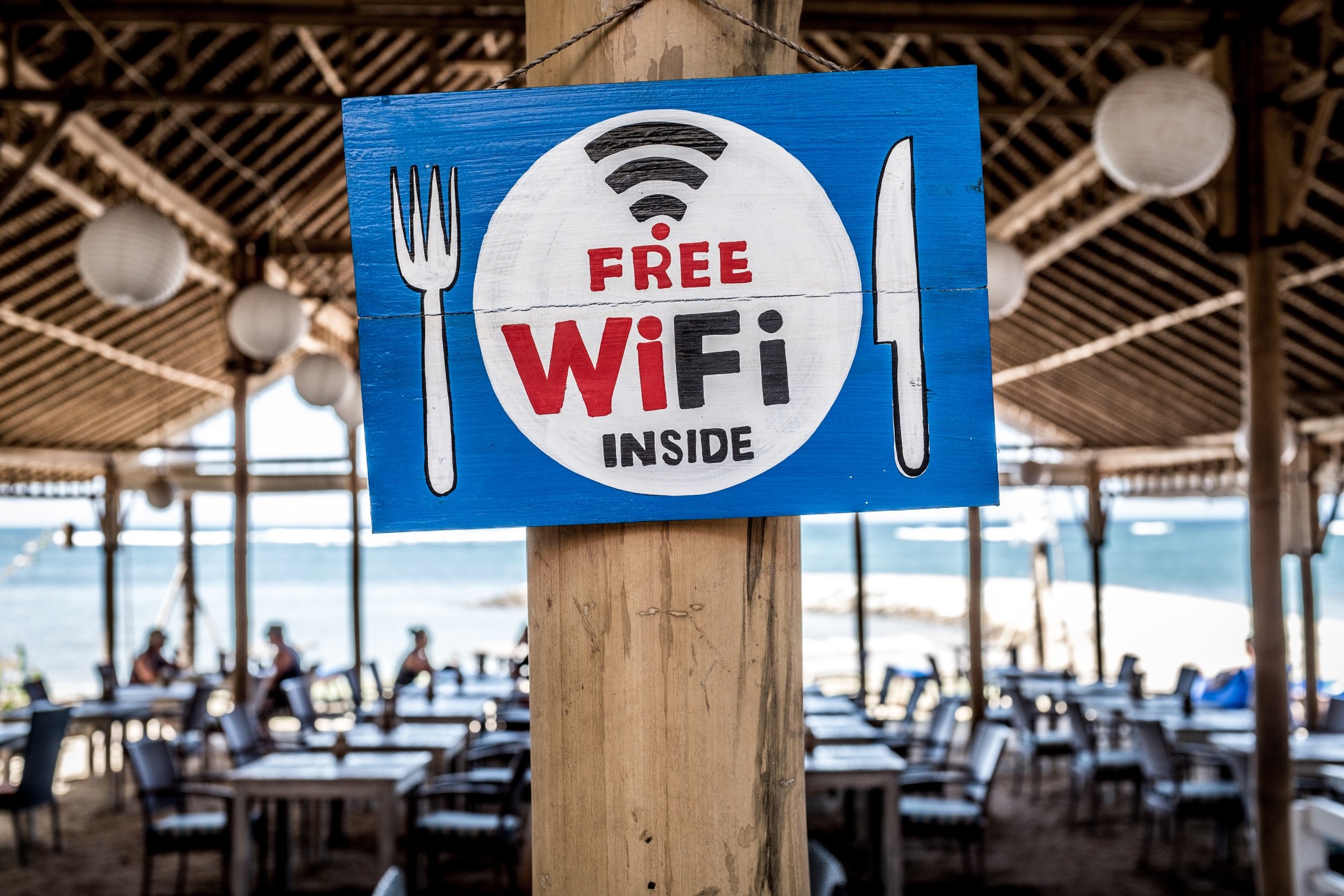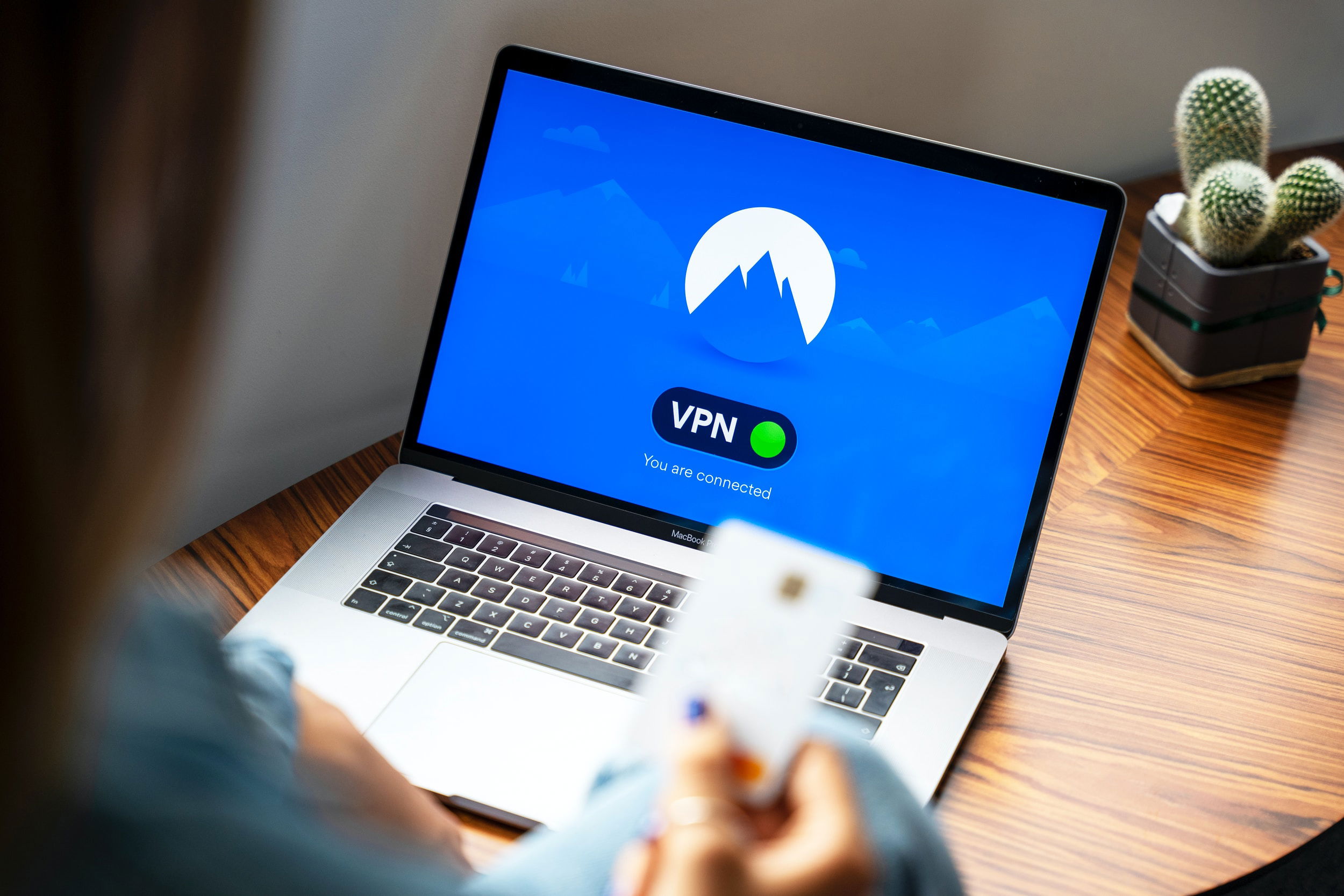Navigating Public Wi-Fi: Staying Secure While Using Social Media On-The-Go
In today's fast-paced world, staying connected to social media while on-the-go has become a norm. Whether you're at a coffee shop, airport, or hotel, public Wi-Fi networks offer the convenience of internet access without using up your mobile data. However, this convenience comes with potential security risks that can compromise your sensitive information. In this comprehensive guide, we will explore strategies for staying secure while using social media on public Wi-Fi networks, allowing you to enjoy the benefits of connectivity without sacrificing your privacy.
The Allure and Dangers of Public Wi-Fi
1. Accessibility
Convenient Connectivity: Public Wi-Fi networks provide easy access to the internet, making it convenient to check social media and stay connected.
Data Cost Savings: Using public Wi-Fi can help you save on data charges from your mobile service provider.
2. Security Concerns
Unsecured Networks: Public Wi-Fi networks are often unsecured, making them susceptible to hacking and data interception.
Man-in-the-Middle Attacks: Cybercriminals can intercept data exchanged between your device and the network, potentially compromising your sensitive information.

Protecting Your Data on Public Wi-Fi
1. Use a Virtual Private Network (VPN)
Data Encryption: A VPN encrypts your internet connection, adding an extra layer of security and privacy.
IP Masking: A VPN hides your IP address, making it harder for hackers to trace your online activities.
2. Disable File Sharing
Turn Off Sharing: Disable file and printer sharing when connected to public Wi-Fi to prevent unauthorized access to your files.
Public Network Mode: Configure your device to treat public networks as untrusted, limiting sharing and visibility.
Secure Social Media Usage
1. Enable Two-Factor Authentication (2FA)
Enhanced Security: 2FA adds an extra layer of verification, making it harder for unauthorized users to access your social media accounts.
Authentication Apps: Use authentication apps instead of SMS-based 2FA for added security.
2. Verify HTTPS
Check URLs: Ensure that the social media platform you're using is using "https://" in the URL, indicating a secure connection.
Browser Extensions: Consider using browser extensions that force secure connections for added protection.
Best Practices for On-The-Go Security
1. Avoid Sensitive Transactions
Financial Transactions: Avoid conducting sensitive financial transactions while connected to public Wi-Fi.
Login Information: Refrain from logging in to sensitive accounts, such as online banking or shopping, on public networks.
2. Forget the Network After Use
Network Forgetting: Always disconnect and "forget" the public Wi-Fi network after you're done using it.
Network Reliability: Be cautious when connecting to networks with generic names like "Free Wi-Fi."

Educating Yourself for Safer Connectivity
1. Stay Informed
Stay Updated: Keep up with the latest security best practices and news regarding public Wi-Fi risks.
Government Resources: Consult resources provided by government cybersecurity agencies for additional guidance.
2. Be Skeptical
Avoid Unknown Links: Don't click on suspicious links or download files from unknown sources while connected to public Wi-Fi.
Phishing Awareness: Be vigilant about phishing attempts, especially when entering login credentials.
Navigating Public Wi-Fi with Confidence
Public Wi-Fi networks offer convenience, but they also pose risks to your online security. By following these strategies and staying informed about best practices, you can use social media on-the-go without compromising your sensitive information. Remember, staying secure while using public Wi-Fi requires a combination of caution, technology, and awareness.
Sources:
- Federal Trade Commission. "Tips for Using Public Wi-Fi Networks." https://www.consumer.ftc.gov/articles/0014-tips-using-public-wi-fi-networks
- NortonLifeLock. "Public Wi-Fi: How to Stay Safe on Public Wi-Fi Networks." https://www.nortonlifelock.com/cybersecurity/identity-theft/public-wi-fi-how-to-stay-safe-on-public-wi-fi-networks
- Stay Safe Online. "Mobile and On-the-Go Security." https://staysafeonline.org/stay-safe-online/mobile-and-on-the-go-security/
- United States Computer Emergency Readiness Team (US-CERT). "Using Caution with Public Wi-Fi Networks." https://www.us-cert.gov/ncas/tips/ST05-006
- Federal Trade Commission. "Protecting Your Child's Personal Information at School." https://www.consumer.ftc.gov/articles/0190-protecting-your-childs-personal-information-school